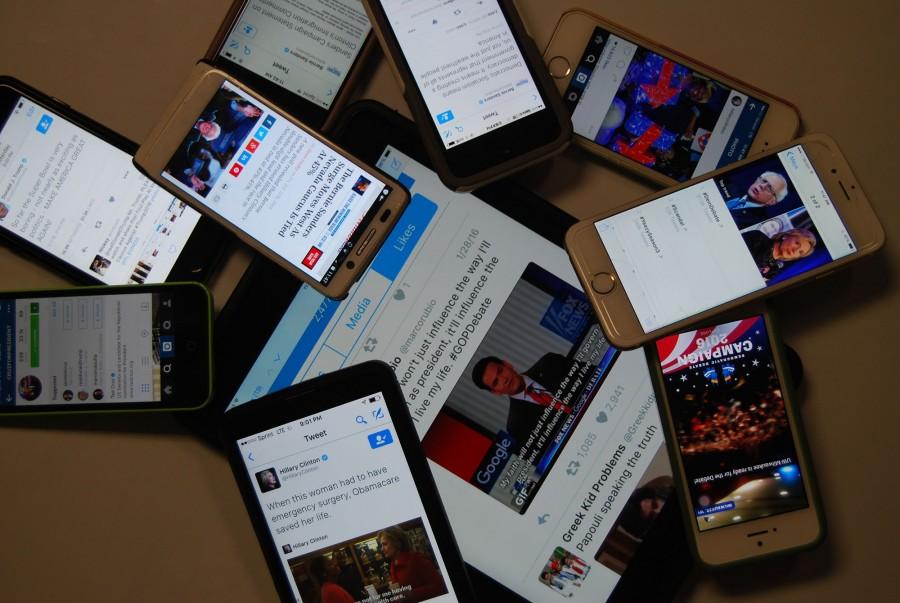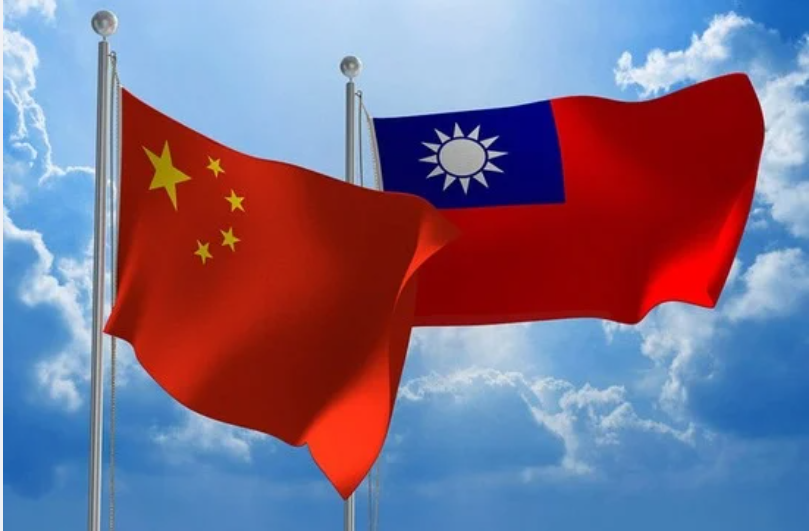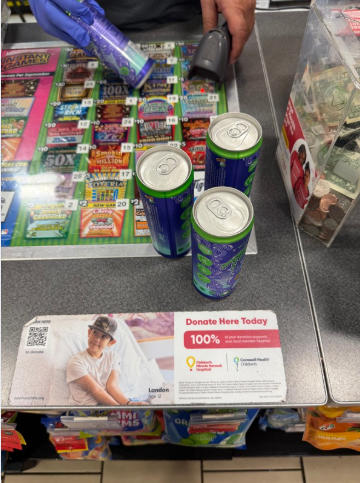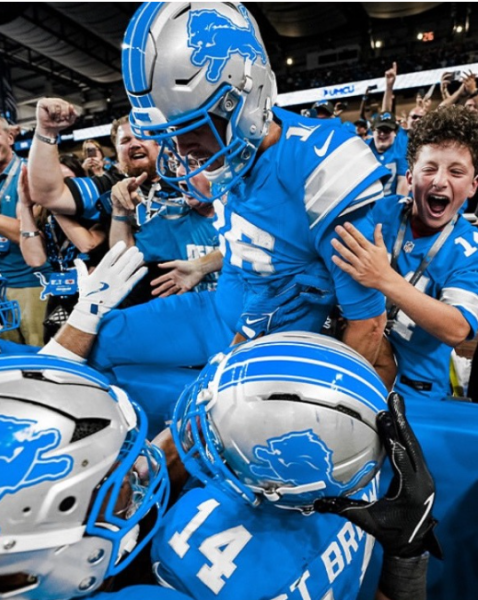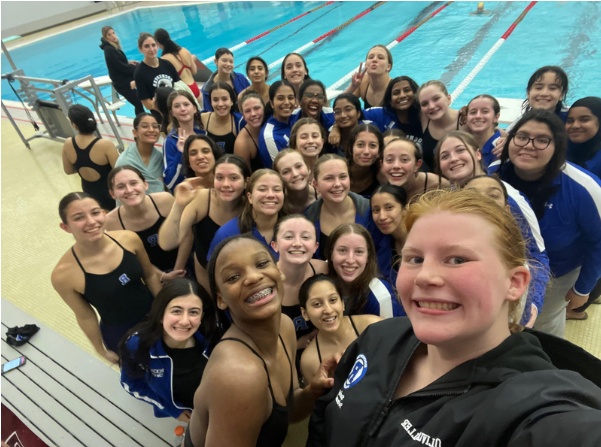Social media use transforms campaigning in the 2016 presidential election
March 13, 2016
As the Republican and Democratic candidates for the 2016 presidential election fight for their party’s primary nominations, social media is being utilized as a major outlet that allows hopefuls to connect with the American public. The use of social media platforms has reached new heights in the past year, generating trending hashtags, live debate Snapchat stories and Twitter feuds which all contribute to this modern form of campaigning.
Donald Trump, the current Republican front runner, has attracted approximately 6.1 million followers on Twitter. Hillary Clinton, a popular choice among Democrats, is not far behind, attracting about 5.4 million twitter users. Additionally, most other candidates have upwards of one million followers. From live-tweeting events to engaging in conversations with voters to expressing political views, Twitter has emerged as a vital platform for success in the race.
“Candidates’ ideas definitely become more known through Twitter,” junior Mackenzie Fergerson said. “Their ideas are also becoming more scrutinized by the public; Twitter gives citizens a platform to voice their opinion, positive or negative. This gives candidates an idea of how their values relate to the public.”
Fergerson, an advocate for democrat Bernie Sanders, has personally utilized Twitter to participate in the campaign.
“I’ve retweeted things about candidates that I find interesting, specifically the stupidity of Donald Trump,” Fergerson said. “I have also shared some good things about other candidates.”
While Fergerson sees value in candidates utilizing social media, conservative sophomore Kenny Sokoli, is more skeptical of the consequences that social media use will have on the election.
“[Social media use] has negatively affected the campaign because when one extremely biased media source is exposed to one twitter user, this user suddenly thinks that he is a political mastermind,” Sokoli said. “This limited exposure convinces him that he has the nation’s problems all figured out; then he spreads his nominee choice through Twitter like a cancer.”
Sophomore Lauren Wegener agrees that the issue lies in the fact that media sources rarely provide an objective perspective, and this biases the general public.
“I have seen that most social media sites are strongly biased,” Wegener said. “It is difficult to get a fair and balanced view of political matters when relying on only social media. They also cater towards the beliefs of a younger audience, who does not necessarily have the experience to know which political values are just. ”
Despite commonly providing partial information, social media is an emerging platform by which candidates can gain traction, and it has been proven to be beneficial to both candidates and voters. Senior Shane Skelcy sees value in that by interacting with followers, candidates can connect with voters at a low expense.
“[Candidates using social media] is virtually free,” Skelcy said. “Free advertisements mean that you don’t have to pay for name recognition. Candidates can post changes and responses to policies in a way that can connect to everyday people.”
The upcoming election will be more publicized in the digital world than any of its predecessors. It is undeniable that the heightened use of social media has drastically transformed campaigning.
“A lot of people are angry on both sides of the aisle,” said Skelcy. “This election is one for the history books; we are living through party realignment not seen for a while in America, and social media has helped otherwise apathetic people connect to candidates.”



